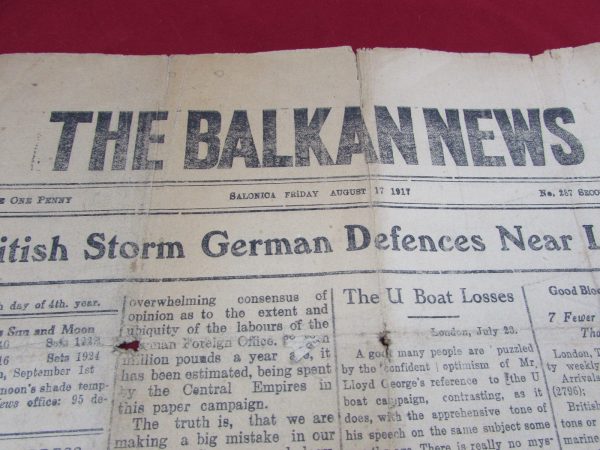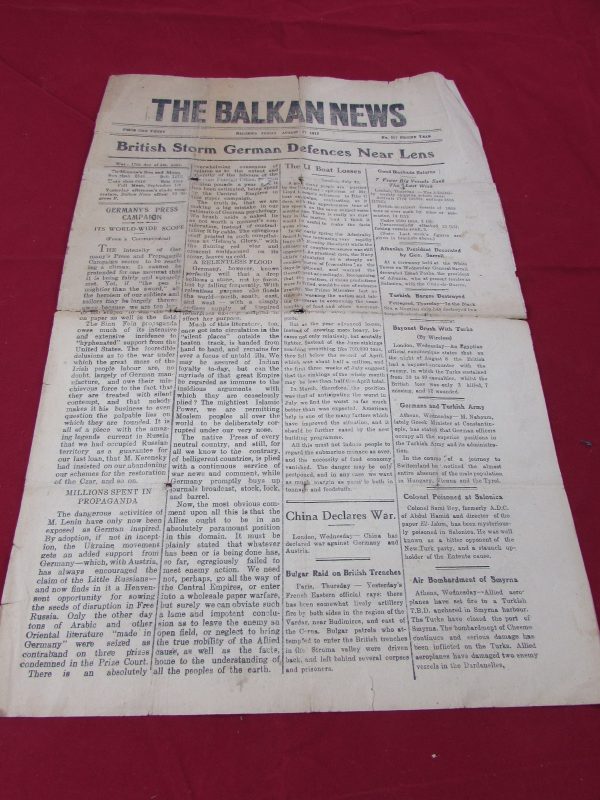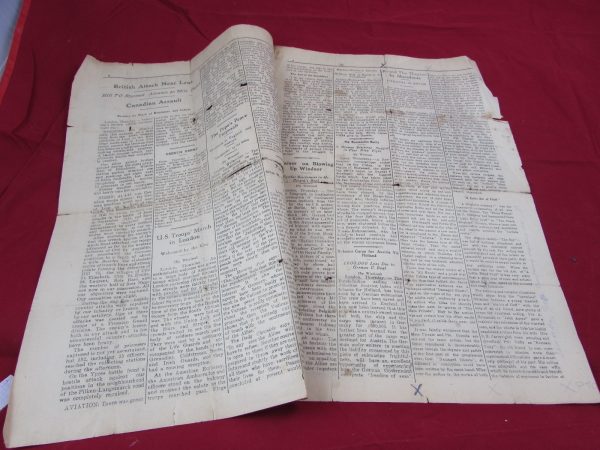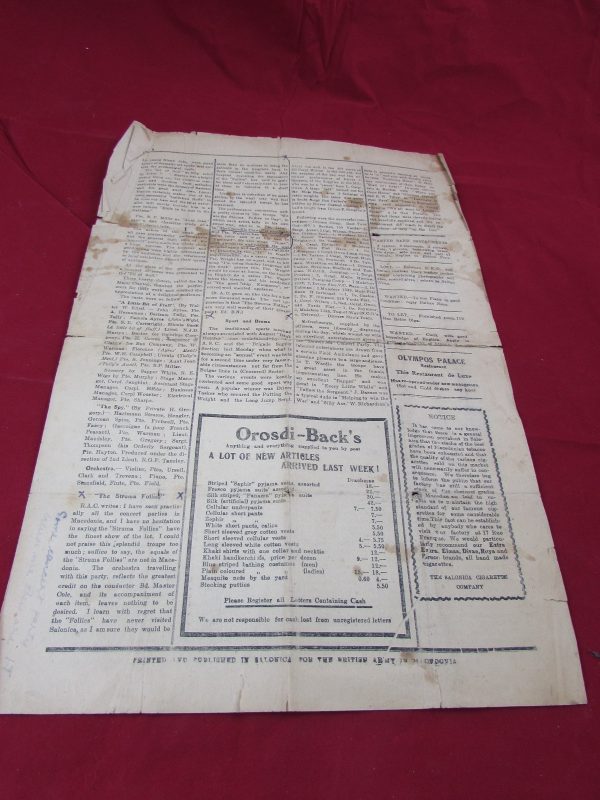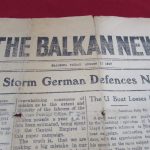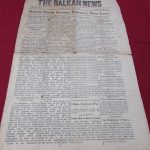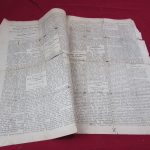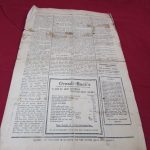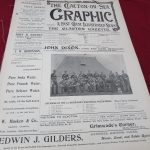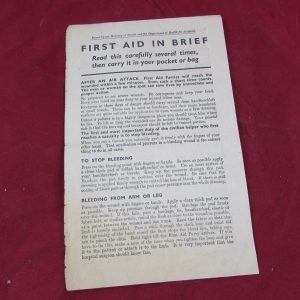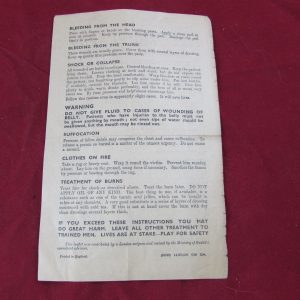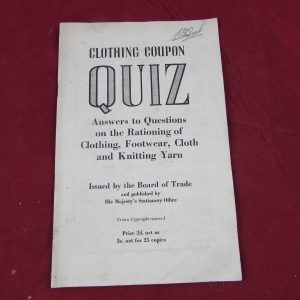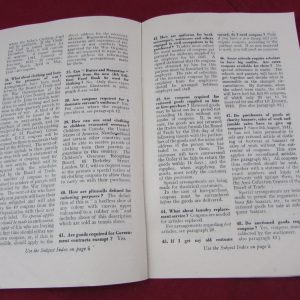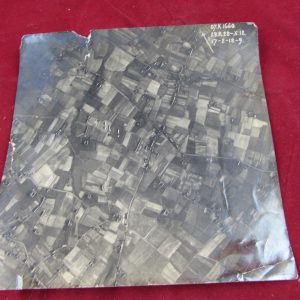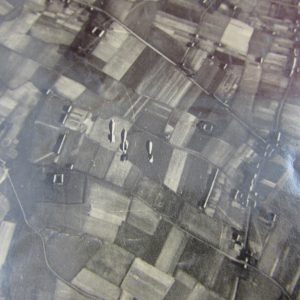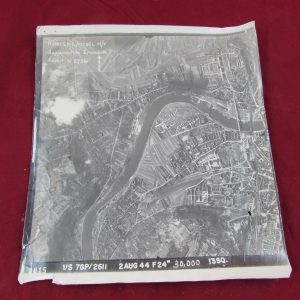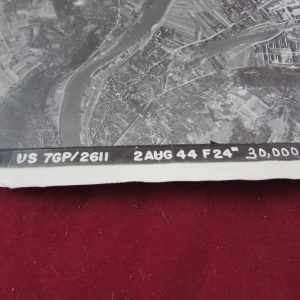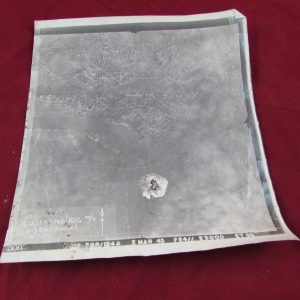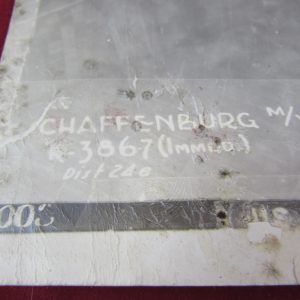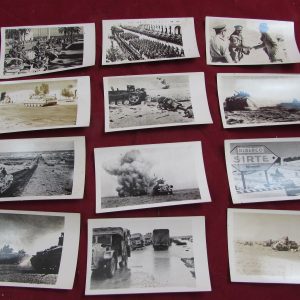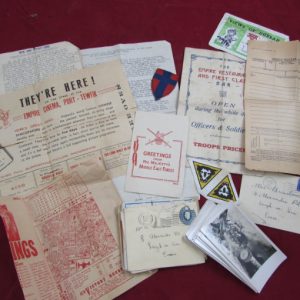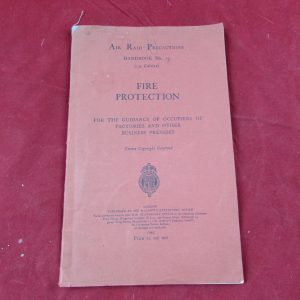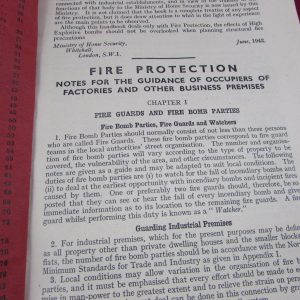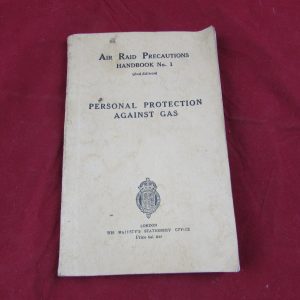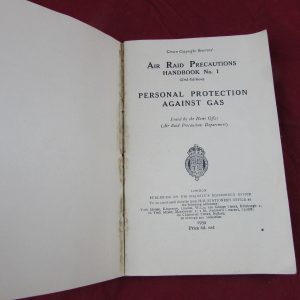The Balkan News 1917
Views: 514
£10.00
The Balkans News 1917
- Description
- Shipping and Delivery
Description
The Balkan News 1917
The Balkan Newspaper , Salonica August 17th 1917. Loads of info on the War , great original read,
paper is in reasonable condition for age , slight split across centre.
The Balkan News 1917
The Balkan News was a daily newspaper produced in Salonika for the British Salonica Force (BSF) fighting on the Macedonian front.
It was first published in November 1915 and the final ‘Adieu’ edition appeared on May 10, 1919. It contained war news from all fronts, mainly based on radio reports. Items relating to the Balkans, Austria and Russia predominated, and were mixed with verse and other writing. There was also local advertising and an “Orient Weekly” column written by editor Harry Collinson Owen under the pseudonym Comitadji.
Initially 4 pages, by mid-1918 the paper had been reduced to 2 pages per issue and contained almost exclusively war news, with a few advertisements. The newspaper was printed on poor quality paper. Copies are now rare, and the runs held by British Library and the Imperial War Museum are incomplete.[citation needed]
The Balkan News is mentioned frequently in ‘Salonica and After’,[1] which was written by its editor Harry Collinson Owen.
It was described by Cyril Falls in the British Official History of the Macedonia operations,[2] as “one of the best Army newspapers of the days of the war”
The Balkan News was referred to by Alan Palmer in ‘The Gardeners of Salonica’,[3] where he noted that “Even after half a century, its files show the determination and doggedness underlying the mocking self-pity that was as fashionable in Macedonia as it was in the trenches of Belgium and France”
In “The Macedonian Campaign”,[4] Luigi Villari, who was for two years Italian Liaison officer with the various Allied Commands in the East, said that ““The British had only one paper, The Balkan News, edited by Mr. Collinson Owen. It was purely a paper for the army, containing the news of the day and a few special articles, and was well written, bright, full of wholesome cheerfulness and wit, and wholly free from local political tendencies — unlike the French papers, it never tried to create bad feeling between the Allies”.
At this time, Antiqurio ships to locations within the United Kingdom mainland. Items can be shipped worldwide by prior agreement please contact us. The risk of loss and title for all items ordered on this website pass to you when the items is delivered to the shipping carrier. We are unable to calculate shipping automatically for multiple items when shipping internationally please contact us by email if you wish to purchase more than one item and live outside of the UK; we are working to resolve this
International
Customs and import duties may be applied to International orders when the shipment reaches its destination. This is not imposed by Antiqurio and these charges are the responsibility of the recipient of your order and are likely to vary from country to country. Contact your local customs office for details.
Shipping laws are different in each country. It is your responsibility to check with your Customs office to verify whether the country to which you are shipping permits the shipment of your products. Antiqurio is not responsible for any direct, indirect, punitive, or consequential damages that arise from improper international shipping practices.
